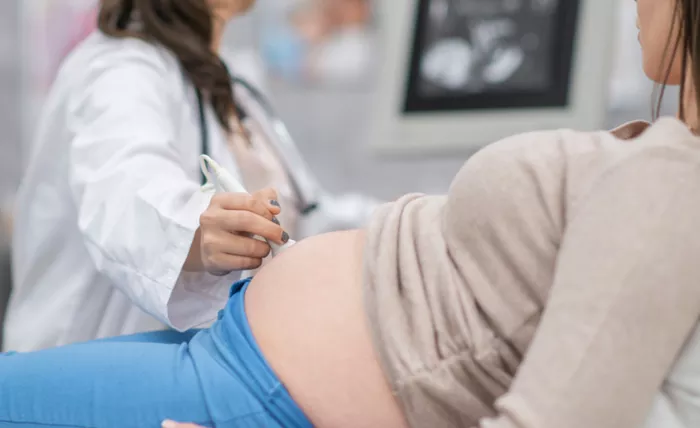A new study by researchers at deCODE genetics, a subsidiary of Amgen, has found that genetic mutations in fetuses contribute significantly to early pregnancy loss. Published today in the journal Nature, the study estimates that about one in every 136 pregnancies is lost due to new mutations in the fetus. This translates to millions of pregnancy losses each year worldwide.
The research focused on specific areas in the human genome that show little to no variation between individuals. Scientists have long wondered whether these highly conserved sequences are critical for human development. While it is known that mutations in essential genes can cause neurodevelopmental disorders, this study investigates whether such mutations also play a role in pregnancy loss.
As part of a Nordic collaboration, scientists sequenced 467 fetal samples from pregnancy losses. These samples came from a prospective study led by Henriette Svarre Nielsen and Eva R. Hoffmann. By comparing the genetic material of the fetuses with that of their parents, researchers discovered that the number of new mutations in the fetuses was similar to that found in adults.
“Despite the similar numbers, we discovered that the main difference between the lost fetuses and adults was that the mutations in the fetuses occurred in essential genomic sequences,” said Hákon Jónsson, a scientist at deCODE genetics and co-author of the study.
The study also identified when during fetal development some of these harmful mutations occur. Researchers were able to trace the origin of certain mutations, providing new insight into how and when they emerge.
In addition, the findings revealed that certain couples face a higher risk of pregnancy loss due to genetic compatibility issues. Typically, a person inherits one copy of each gene from each parent, and having one defective copy is often not harmful. However, inheriting two defective copies—one from each parent—can lead to fatal outcomes for the fetus.
“We have shown previously that for certain genes, no adult has two defective copies. But in some of the lost fetuses, we found exactly that,” said Guðný A. Árnadóttir, a co-author and scientist at deCODE genetics. “This poses a higher risk of recurrent pregnancy loss for the couple, though such cases can be identified and avoided through IVF screening.”
The researchers explain that while genetic mutations are a key part of human evolution, they also contribute to rare diseases. This study highlights how new mutations can lead to early pregnancy loss and emphasizes the importance of conserved sequences in the genome.
These findings offer a better understanding of the genetic causes behind pregnancy loss and may help guide future approaches to genetic counseling and assisted reproduction.
Related topics:


